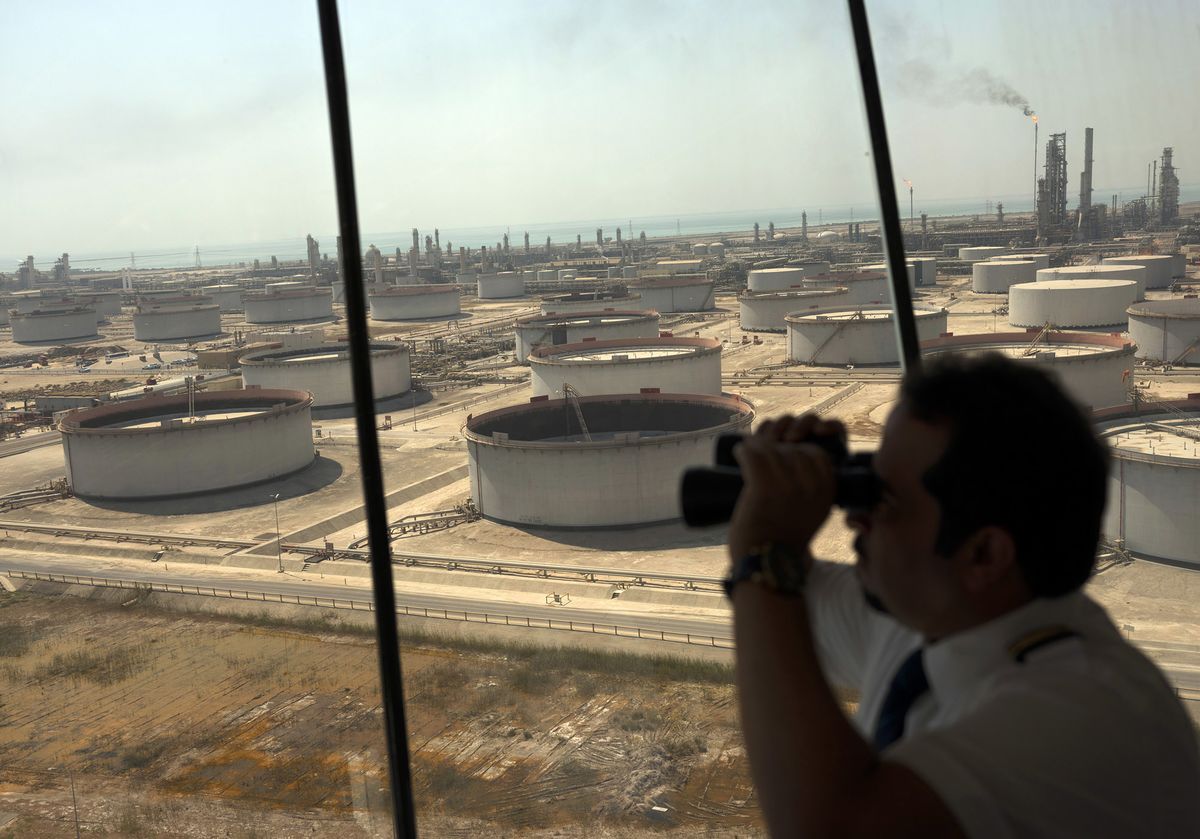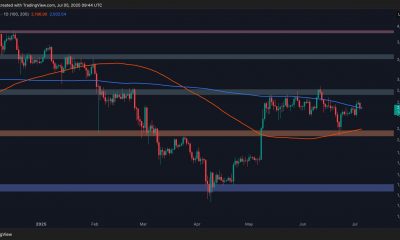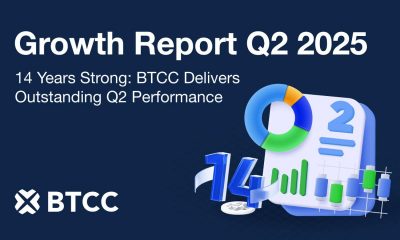Commodities
Does Saudi Arabia control oil prices: preparing for unprecedented oil price hike

Riyadh will not be deterred by the fact that traders are treating record price increases as a big risk. Many are wondering if Saudi Arabia controls oil prices.
Bloomberg expects Saudi Arabia to raise the price of its main crude, Arab Light, for Asian buyers by record levels despite forecasts that the oil market may be slightly depressed in September. Representatives of five refineries surveyed by Bloomberg cite a price at a premium to the region’s main oil brand, Dubai, of $10.8 a barrel. Forecasts also show that given the market’s slump in the first month of fall, a price increase could take demand for additional barrels off the market.
Saudi Arabia traders against shorting oil prices
Global crude oil prices in July showed a month-long decline for the first time since late 2020 as traders tried to put the risks of an incoming U.S. recession, monetary tightening by the central banks of major economies and China’s repeated attempts to beat Covid-19 into the price. Despite the decline, the physical parameters of the oil market remain strong.
A lot of Asian refiners seem to be planning to cut production in September after maxing out refining in the last few months. As previously known, Saudi Arabia raises July crude oil prices to Asia.
The bullish inertia of Middle Eastern crude will peak for October shipments as early as August. In making that prediction, traders relied precisely on a marked decline in refinery output. In the month since the end of June, the price difference between gasoline and crude in Asia has dropped more than 70%, and 39% for diesel.
Many expected Saudi Arabia to reduce oil prices, but in fact we have the opposite situation. The premium for Murban crude from Abu Dhabi with delivery in October is down at least $1 per barrel on the spot market compared to oil with September shipments. Physical cargoes of Murban crude, preferred in Japan, South Korea, and Thailand, with September shipments sold at a premium of more than $10 a barrel to Dubai, the Middle East’s main crude brand, in July.
Commodities
Oil prices rise; U.S. crude inventories plunge, Russia-Ukraine truce eyed
Commodities
India’s Reliance to stop buying Venezuelan oil over US tariffs, sources say
Commodities
Oil prices climb on Venezuela supply worries

 Forex3 years ago
Forex3 years agoForex Today: the dollar is gaining strength amid gloomy sentiment at the start of the Fed’s week

 Forex3 years ago
Forex3 years agoUnbiased review of Pocket Option broker

 Forex3 years ago
Forex3 years agoDollar to pound sterling exchange rate today: Pound plummeted to its lowest since 1985

 Forex3 years ago
Forex3 years agoHow is the Australian dollar doing today?

 Cryptocurrency3 years ago
Cryptocurrency3 years agoWhat happened in the crypto market – current events today

 World3 years ago
World3 years agoWhy are modern video games an art form?

 Commodities3 years ago
Commodities3 years agoCopper continues to fall in price on expectations of lower demand in China

 Economy3 years ago
Economy3 years agoCrude oil tankers double in price due to EU anti-Russian sanctions





























